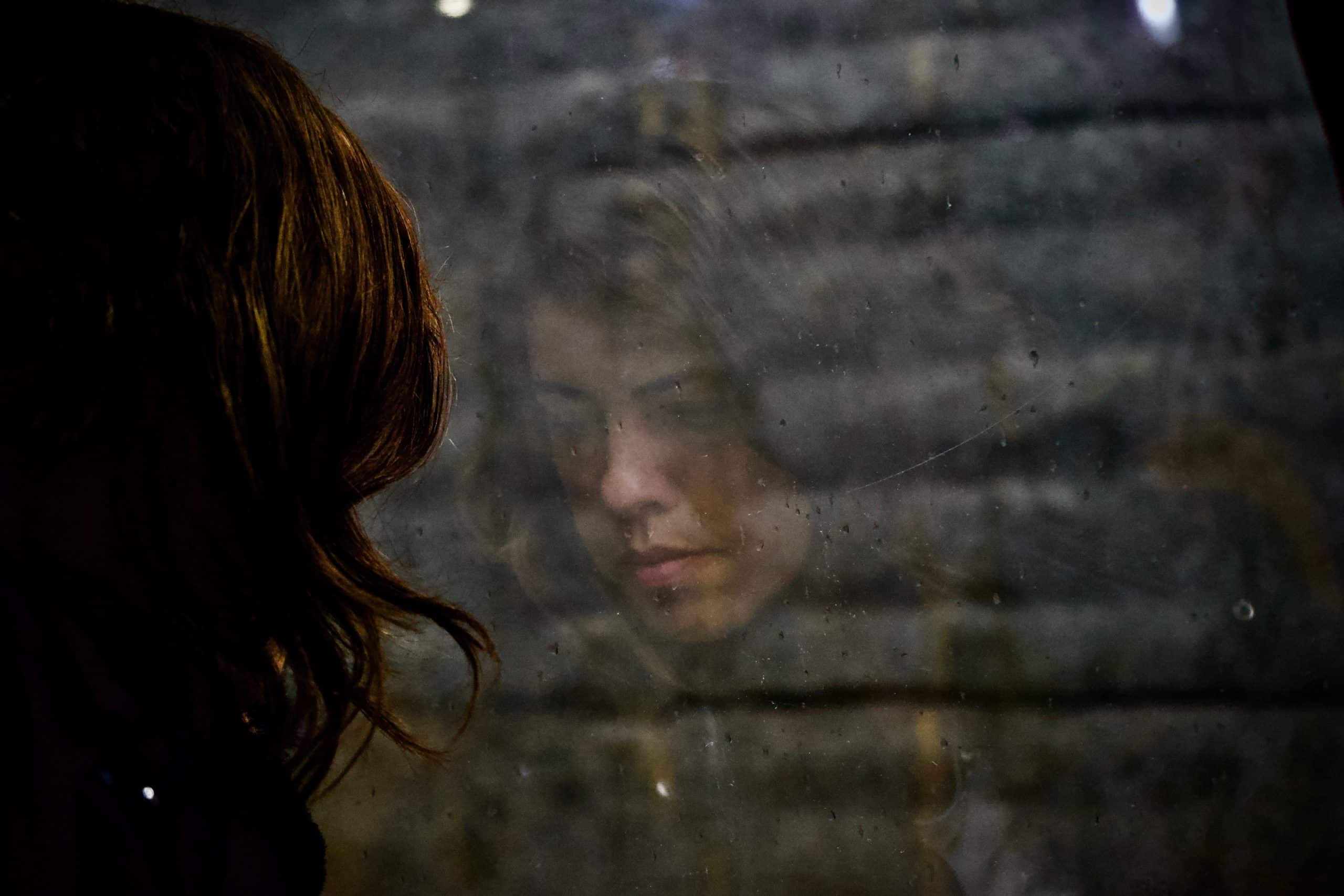What is Bipolar I Disorder?
Bipolar I Disorder is defined by manic episodes that last at least seven days or by manic symptoms so severe that hospitalization is necessary. Usually, depressive episodes also occur with periods of normal mood in between. Episodes of mania and depression typically come back over time.
What is Bipolar II Disorder?
is defined by a pattern of depressive episodes and hypomanic episodes, but not the full-blown manic episodes that occur in Bipolar I Disorder.
Cyclothymic Disorder (also called Cyclothymia)
is defined by numerous periods of hypomanic symptoms as well as numerous periods of depressive symptoms lasting for at least two years (1 year in children and adolescents). However, the symptoms do not meet the diagnostic requirements for a hypomanic episode and a depressive episode.
Bipolar disorder often runs in families, but it isn’t fully understood why some family members develop the illness while others don’t. Researchers are looking at differences in brain structure and function as well as studying the role of genes.
What causes bipolar disorder?
The cause is not known. However, it often appears to be hereditary—passed down in families. Brain-imaging studies show that the brains of people with bipolar disorder look different than those of people without the illness. These brain differences may be present at birth or develop over time.
What are the symptoms of bipolar disorder?
The symptoms of bipolar disorder depend on which type of bipolar disorder you have.
Bipolar I Disorder is defined by manic episodes that last at least seven days or by manic symptoms so severe that hospitalization is necessary. Usually, depressive episodes also occur with periods of normal mood in between. Episodes of mania and depression typically come back over time.
During a manic episode, you may:
- Feel like you have lots of energy
- Have trouble sleeping
- Talk very fast, often with racing thoughts
- Feel like your thoughts are going very fast
- Have trouble concentrating
- Be more active than usual
- Engage in risky behaviors, such as spending too much money, having reckless sex, or driving recklessly
Bipolar II Disorder is defined by a pattern of depressive episodes and hypomanic episodes, but not the full-blown manic episodes that occur in Bipolar I Disorder.
Hypomania may feel good to people with bipolar disorder. During a hypomanic episode, you may:
- Feel overly happy or “high” without feeling truly out of control
- Have lots of energy and feel very restless
- Talk faster than usual, often with racing thoughts
- Be more easily distracted than usual
- Have impulsive or risky behavior, such as spending too much money, having reckless sex, or acting impulsively on bad ideas
Cyclothymic Disorder (also called Cyclothymia)— is defined by numerous periods of hypomanic symptoms as well as numerous periods of depressive symptoms lasting for at least two years (1 year in children and adolescents).
However, the symptoms do not meet the diagnostic requirements for a hypomanic episode and a depressive episode.
The symptoms of cyclothymia are similar to those of hypomania. However, they are not as severe. During a period of depression, you may:
- Feel sad, “empty,” or hopeless most of the day, nearly every day
- Lose interest in activities that you once enjoyed
- Have trouble sleeping, wake up too early, or sleep too much
- Feel tired most of the day
- Have a poor appetite or overeat
- Feel bad about yourself—like you are a failure or have let yourself or your family down
- Have trouble concentrating, remembering, or making decisions
- Move or speak so slowly that other people could have noticed, or be so fidgety or restless that you can’t sit still
- Think about death or suicide, even if you would not actually do it
How is bipolar disorder treated?
There is no one “right” treatment for bipolar disorder. Treatment depends on many factors, including:
- The type of bipolar disorder you have
- How severe are your symptoms are
- Your age, overall health, and medical history
- Your tolerance for specific medications or therapies
- Your preferences and goals for treatment
- The availability of specific resources
The first step is usually to see a mental health professional, such as a psychiatrist, who can diagnose the illness. Once you have been diagnosed, you will work with your mental health professional to create a treatment plan
Our Service Verticals
Intensive Outpatient And Outpatient
These programs are designed to treat individuals who are struggling with addiction, but who do not require the 24/7 structure and support of inpatient treatment.
Telemed
The Impact Telemed Program allows patients to receive care from the comfort of their own homes. Patients in the Telemed Program meet with their providers via a secure, HIPAA-compliant video conferencing system.
Multiple Pathways Treatment
The Multiple Pathways program is designed to meet the unique needs of each patient. The program offers a variety of treatment modalities, including individual therapy, group therapy, medication management, and 12 steps.
Impact Outpatient Program
A one-of-a-kind outpatient drug & alcohol treatment center that offers a path to lasting, sustainable recovery for people struggling with addiction.
Inpatient Treatment
The Inpatient Treatment program is designed for individuals who need a higher level of care. The program offers 24/7 support and structure in a safe and secure environment.
In Conclusion
If you think you may have bipolar disorder, it is important to seek professional help. Bipolar disorder is a treatable illness. With proper treatment, people with bipolar disorder can lead healthy and productive lives.

